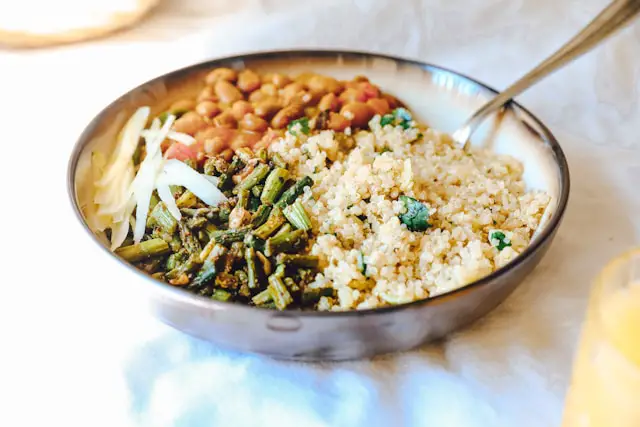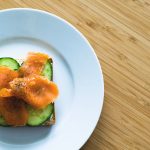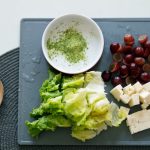Iron is a crucial nutrient during pregnancy, essential for both the mother’s health and the baby’s development. Pregnant women need significantly more iron than usual – about 27 mg per day compared to 18 mg for non-pregnant women. This increased demand is due to the body’s need to produce more blood to support the growing fetus and placenta.
Given the importance of iron during pregnancy, it’s essential for expectant mothers to focus on incorporating iron-rich foods into their diet.
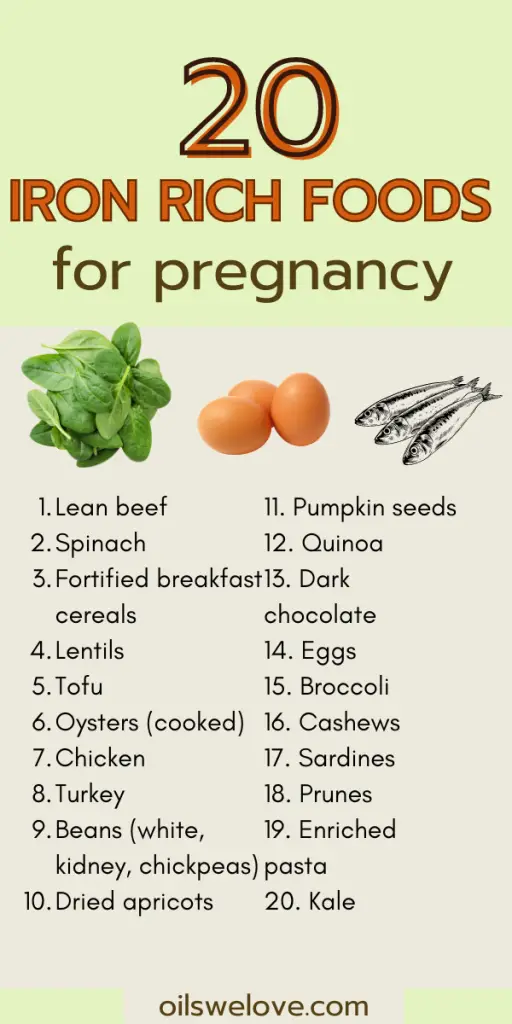
Here are top 10 foods with the highest iron intake, that are safe during pregnancy:
1. Spinach
Spinach is a powerhouse of nutrients, especially for pregnant women. Let’s dive into why it’s a fantastic choice during pregnancy:
- Spinach is rich in iron, a crucial nutrient for pregnant women. One cup of cooked spinach contains approximately 6.4 mg of iron, providing 36% of the daily recommended intake.
- Not only is spinach high in iron, but it also packs a punch with calcium, folic acid, and vitamin A, all essential for a healthy pregnancy.
- Properly cooked spinach is safe to consume during pregnancy. However, it’s important to note that raw spinach can be contaminated with bacteria like E. coli, so cooking it thoroughly is key to reducing the risk of foodborne illness.
Source: USDA FoodData Central. (2019). Spinach, raw. Retrieved from USDA FoodData Central.
2. Legumes
When it comes to maintaining a healthy diet during pregnancy, incorporating legumes like lentils, chickpeas, and black beans can provide numerous benefits for both you and your baby.
- Legumes are rich sources of iron, a crucial mineral for pregnant women. For example, one cup of cooked lentils contains about 6.6 mg of iron, meeting 37% of the daily recommended intake for pregnant women.
- These nutritious legumes are not only high in iron but also packed with fiber, protein, and folate, essential nutrients for a healthy pregnancy.
- Pro tip: To reduce sodium intake, make sure to rinse canned legumes thoroughly before including them in your meals.
By adding legumes to your diet, you can enhance your overall nutrition and support the healthy development of your baby. So, next time you’re planning your meals, consider incorporating these versatile and nutrient-packed legumes!
Source: USDA FoodData Central. (2019). Lentils, mature seeds, cooked, boiled, drained, without salt. Retrieved from USDA FoodData Central
3. Red Meat
When it comes to maintaining a healthy diet during pregnancy, red meat can be a valuable source of essential nutrients. Here are some key points to consider:
- Red meat, such as beef, is a good source of iron, which is crucial for pregnant women. A 3-ounce serving of beef can provide approximately 2.1 mg of iron, helping to prevent iron deficiency anemia.
- Pregnant women should opt for lean cuts of red meat to avoid consuming excessive calories and unhealthy fats. Choosing lean cuts can help maintain a balanced diet and support overall health during pregnancy.
- It is essential to cook red meat thoroughly to minimize the risk of foodborne illnesses. Contaminants like Salmonella and E. coli can be present in raw or undercooked meat, so ensure that red meat is cooked to the appropriate temperature to kill any harmful bacteria.
Pro Tip: To ensure the safety of the meat, use a food thermometer to check that it has reached the recommended internal temperature. For ground beef, this is typically 160°F (71°C).
Sources: USDA FoodData Central (2019)
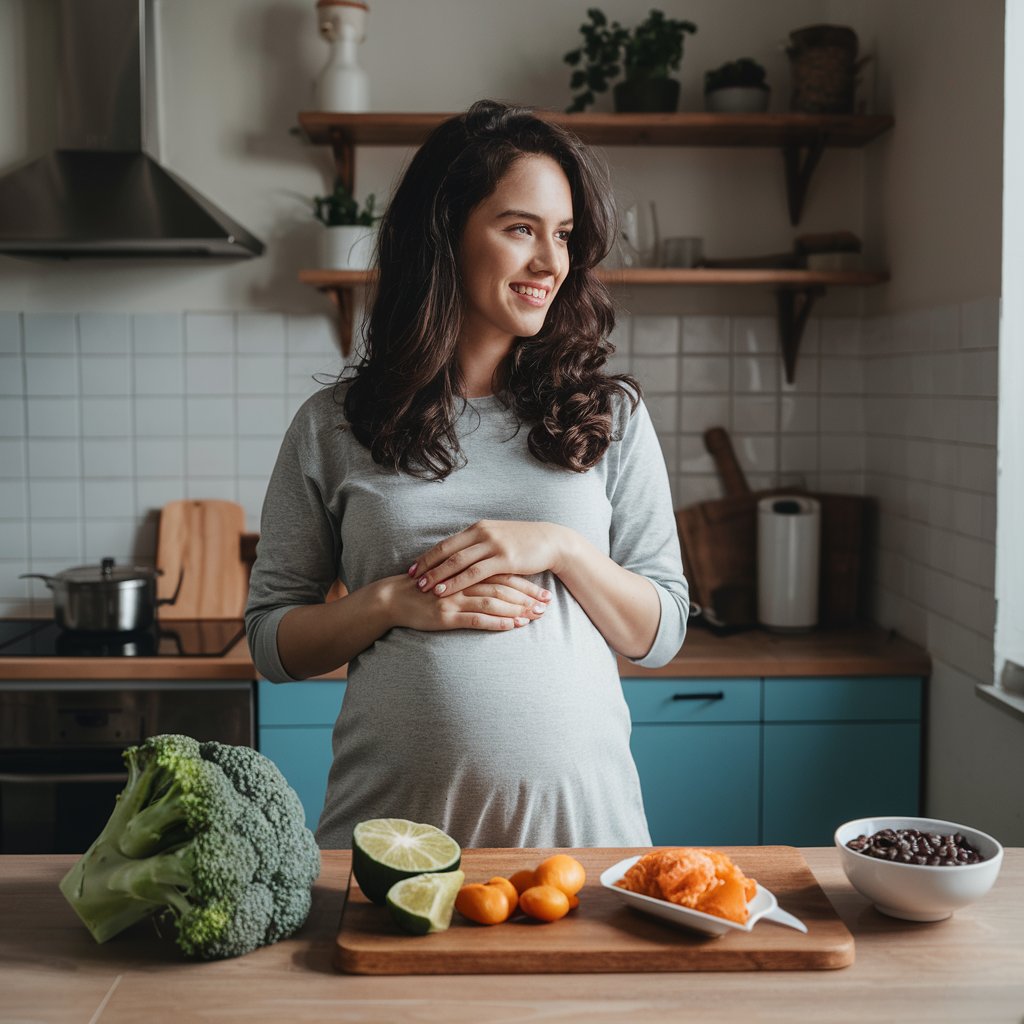
4. Fortified Cereals
During pregnancy, getting enough iron is crucial for both the mother and the baby’s health. Fortified cereals can be a convenient and effective way to boost your iron intake. Here’s why they are a great choice:
- Fortified cereals are a good source of iron during pregnancy, with some varieties containing up to 18 mg of iron per serving.
- It is important to choose cereals that are fortified with iron and other essential nutrients, and to consume them with a source of vitamin C to enhance iron absorption.
- Pregnant women should be mindful of the sugar content of fortified cereals, as some varieties can be high in added sugars.
According to the Institute of Medicine, consuming iron-rich fortified cereals can help pregnant women meet their daily iron requirements effectively.
Remember, it’s not just about the iron content; you want to ensure you’re choosing cereals that provide a well-rounded nutritional profile for you and your baby.
Pro Tips:
- Look for cereals that are fortified with not only iron but also other essential nutrients like folic acid, calcium, and vitamin D.
- Enhance iron absorption by pairing your fortified cereal with a vitamin C-rich food like orange juice or berries.
- Read the nutrition label carefully to check for added sugars and opt for cereals with lower sugar content.
Enjoy your fortified cereals as part of a balanced diet to support a healthy pregnancy journey!
5. Dried Fruit
Dried fruit can be a convenient and nutritious snack option, especially for pregnant women looking to boost their iron intake. Let’s explore why dried fruit, such as apricots, raisins, and prunes, can be beneficial during pregnancy.
- Dried fruit, including apricots, raisins, and prunes, are good sources of iron, which is essential during pregnancy.
- According to the USDA FoodData Central, one-quarter cup of dried apricots contains approximately 1.8 mg of iron, providing 10% of the daily recommended intake for pregnant women.
- Dried fruit is also high in fiber, aiding in digestion and overall health for expectant mothers.
- It’s important to enjoy dried fruit in moderation as it can be high in sugar and calories.
Pro Tip: Pair dried fruit with a source of vitamin C, like citrus fruits or bell peppers, to enhance iron absorption in the body.
Source: USDA FoodData Central. (2019). Apricots, dried. Retrieved from here.
6. Pumpkin Seeds
When it comes to pregnancy nutrition, pumpkin seeds can be a valuable addition to your diet. Let’s explore the benefits of these tiny but mighty seeds.
- Pumpkin seeds are a good source of iron during pregnancy, with one ounce containing approximately 2.7 mg of iron.
- Rich in magnesium, zinc, and essential fatty acids, pumpkin seeds are a nutritious choice for expecting mothers.
- Remember, it’s important to consume pumpkin seeds in moderation, as they are high in calories.
According to the USDA FoodData Central, pumpkin seeds are not only delicious but also pack a nutritional punch. So, next time you’re looking for a wholesome snack, consider reaching for a handful of pumpkin seeds.
Source: USDA FoodData Central. (2019). Pumpkin seeds, roasted, without salt. Retrieved from USDA FoodData Central
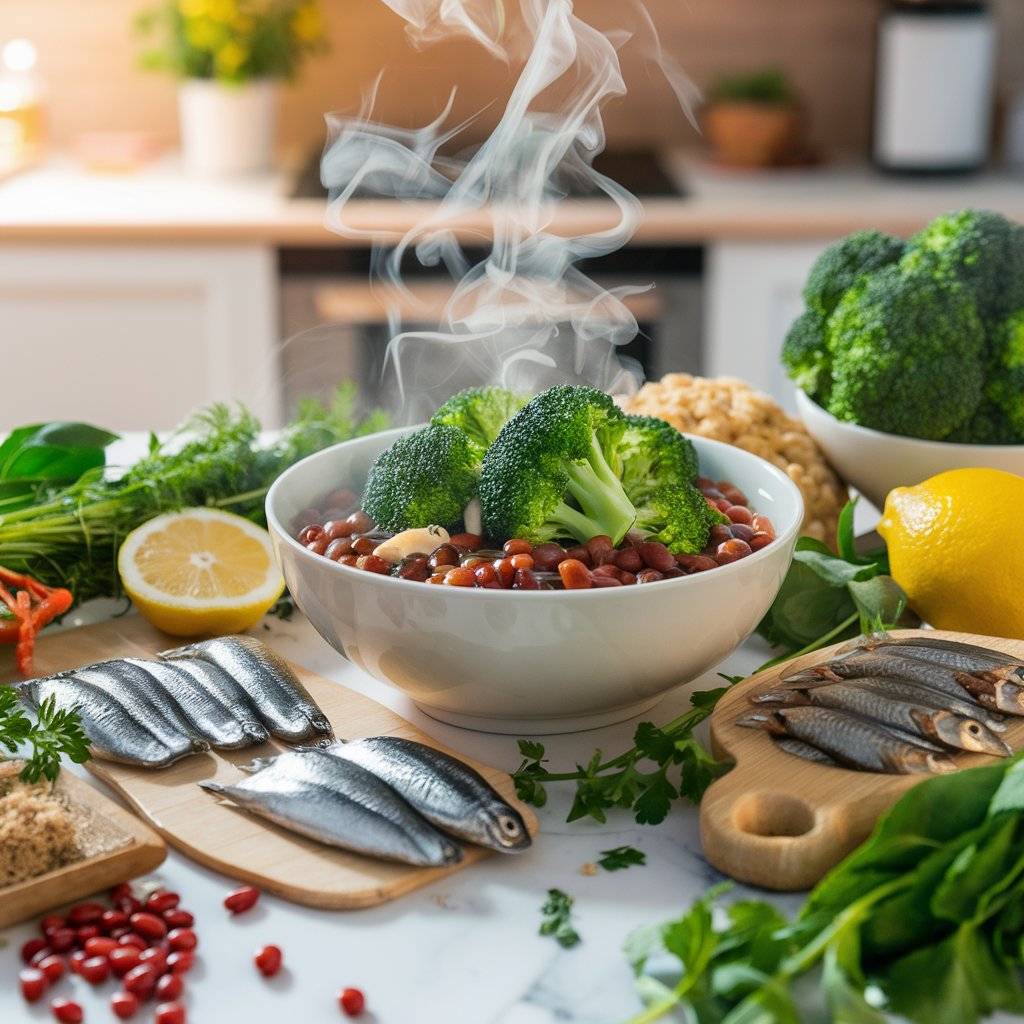
7. Broccoli
Broccoli is not just a tasty vegetable, but it also offers a range of health benefits, especially for pregnant women. Let’s dive into why broccoli is a great addition to your diet during pregnancy.
Iron-Rich Superfood
- Broccoli is an iron-rich food that is safe to consume during pregnancy.
- One cup of cooked broccoli contains approximately 1.0 mg of iron, which is 6% of the daily recommended intake for pregnant women.
Vitamin C Boost
- Broccoli is also high in vitamin C, making it a good choice for enhancing iron absorption.
According to the USDA FoodData Central, cooked broccoli is a nutritious option for expecting mothers, providing a healthy dose of iron and vitamin C.
Source: USDA FoodData Central. (2019). Broccoli, cooked, boiled, drained, without salt. Retrieved from USDA FoodData Central
8. Tofu
Tofu is a versatile ingredient that can be a great addition to a pregnant woman’s diet. Here are some key points to consider:
- Tofu is a good source of iron during pregnancy, with one half cup containing approximately 3.4 mg of iron. Iron is essential for the production of hemoglobin, which helps carry oxygen to your baby during pregnancy.
- Tofu is also high in calcium, which is important for the development of your baby’s bones and teeth. One serving of tofu can provide a significant amount of the daily recommended intake of calcium for pregnant women.
- It is important to choose organic, non-GMO tofu to reduce the risk of exposure to harmful chemicals and pesticides. Opting for organic tofu ensures that you are providing the best quality nutrients for you and your baby.
According to the USDA FoodData Central, firm tofu prepared with calcium sulfate and/or nigari is a valuable source of nutrients for pregnant women.
Adding tofu to your meals can help you meet your nutritional needs during pregnancy and support the healthy development of your baby.
Pro Tip: Incorporate tofu into stir-fries, salads, soups, or smoothies for a delicious and nutritious boost!
Source: USDA FoodData Central. (2019). Tofu, firm, prepared with calcium sulfate and/or nigari. Retrieved from USDA FoodData Central
9. Quinoa
Quinoa is a versatile and nutritious grain that can be a great addition to a pregnant woman’s diet. Let’s explore why quinoa is a fantastic choice during pregnancy:
- Quinoa is a good source of iron during pregnancy, with one cup cooked containing approximately 2.8 mg of iron.
- Quinoa is high in protein, fiber, and magnesium, providing essential nutrients for both the mother and the growing baby.
- It is important to rinse quinoa thoroughly before cooking to reduce the risk of bitterness and improve digestibility.
According to the USDA FoodData Central, one cup of cooked quinoa can be a valuable addition to a pregnant woman’s diet, offering a good amount of iron along with other essential nutrients.
Remember, incorporating quinoa into your meals can help you meet your nutritional needs during pregnancy in a delicious and wholesome way.
Source: USDA FoodData Central. (2019). Quinoa, cooked. Retrieved from USDA FoodData Central
10. Sardines
Sardines are a powerhouse of nutrients, especially for pregnant women. Let’s dive into why they are a great addition to your diet during this crucial time.
Key Points:
- Sardines are a good source of iron during pregnancy, providing approximately 2.3 mg of iron in a 3-ounce serving.
- They are rich in omega-3 fatty acids, calcium, and vitamin D, essential nutrients for both mom and baby.
- Choosing sardines packed in water or olive oil is recommended to avoid excess sodium intake.
Why Sardines Are Beneficial:
Sardines offer a variety of health benefits, particularly for pregnant women:
- Iron Boost: Iron is crucial during pregnancy to support the increased blood volume. Sardines provide a significant amount of iron to help prevent anemia.
- Omega-3 Fatty Acids: These healthy fats support brain development in the baby and reduce the risk of preterm birth.
- Calcium and Vitamin D: Essential for bone health, sardines offer a good dose of calcium and vitamin D, aiding in the baby’s bone development.
Pro Tips:
- Include sardines in salads, sandwiches, or pasta dishes for a nutritious meal.
- Check the label and opt for sardines packed in water or olive oil to limit sodium intake.
- Enjoy sardines in moderation as part of a balanced diet to reap their benefits without excessive sodium consumption.
Remember, consulting with your healthcare provider or a nutritionist is always recommended to ensure you are meeting your specific dietary needs during pregnancy.
Source: USDA FoodData Central. (2019). Sardines, Pacific, canned in oil, drained solids. Retrieved from USDA FoodData Central



